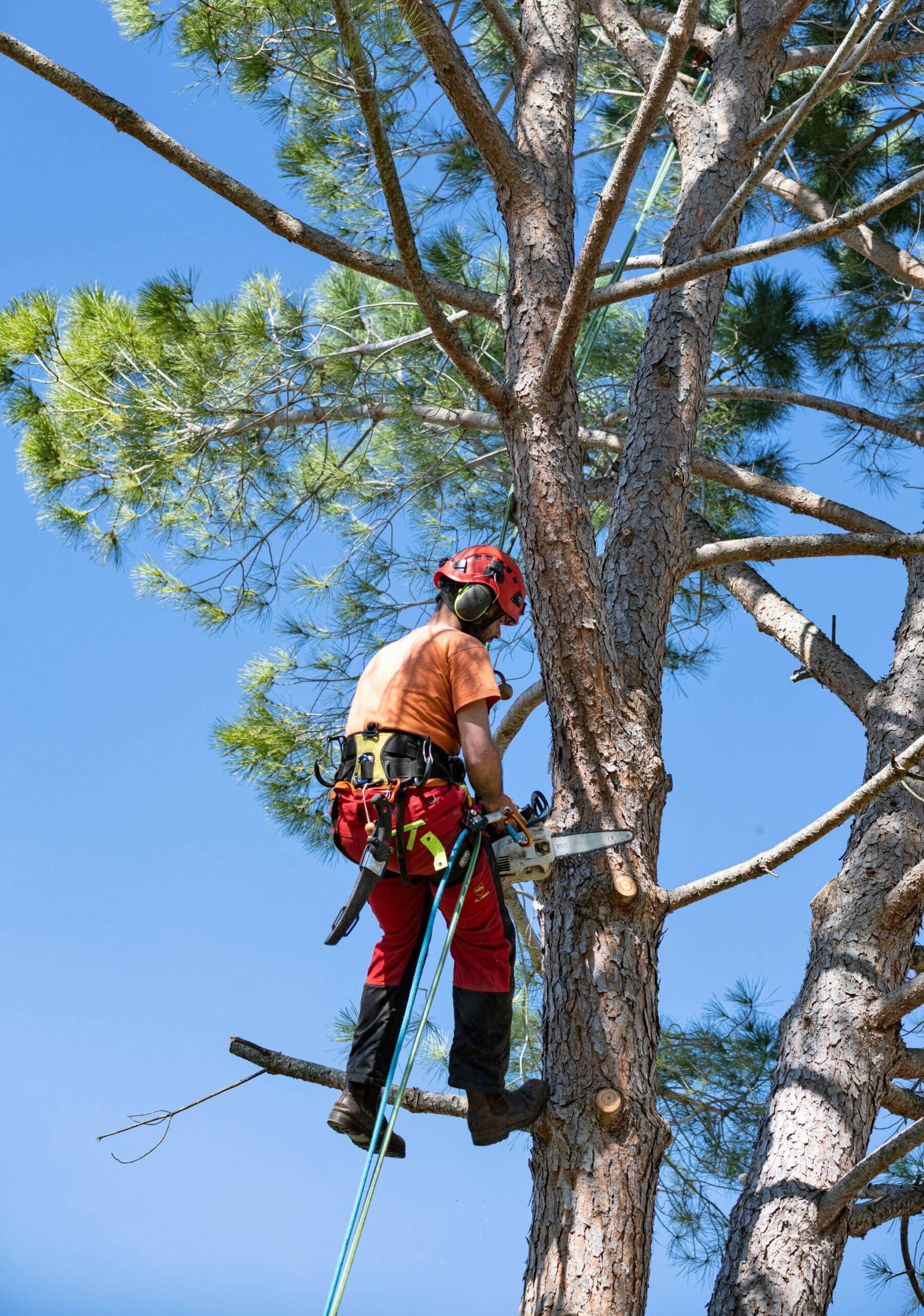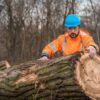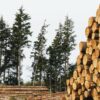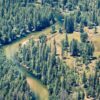Monthly Report - March 2023
March 2023.
We have a tale of very much two games in town this month. On the one hand our domestic sawmill customers are very much hurting over an abundance of lumber stock due to shrinking demand, erstwhile they are increasingly making lumber export sales losses.
One the other hand, China continues to rebound nicely with CFR log prices firming and daily consumption very much on the improve. The net impact of CFR settlements, shipping costs and US$ v $kiwi exchange rate, has us at export log prices at wharf gate NZ hitting a 3 year high in March,
Lack of NZ domestic demand is a good time to talk the good intentions of the forest industry transformation plan fairy story. A review of our lumber demand versus supply profile of the last three years now sees us back at situation normal despite what you may have heard.
Mostly, NZ sawmilling capacity significantly exceeds domestic consumption. Larger sawmill owners particularly are forced into lumber export sales at sometimes well below profit margin. Yes, we did go through an 18-month period when low interest rates and falsely held optimism saw demand for house making lumber demand in excess of available supply. That is not the norm.
During the “boom” most sawmills went from cutting for stock to cutting to order. Right now, many are cutting to stock and seriously starting to want log price reductions. I have not heard of any forest owners jumping toward that opportunity thus far.
Any transformation plan must have as its primary focus “growing market”. Nice to think we might process more logs domestically but the reality is there is no point doing that unless ongoing high value markets can be found for our wonderful Radiata pine that makes processing expansion anything close to common sense.
Meanwhile back in China we have started to see a nice tick up in demand. As at mid-March daily consumption has climbed to 75,000 m3 per day and overall inventory has fallen by 250,000 m3 in four weeks.
Whilst on the surface these key elements would suggest good times ahead, the converse is China domestic prices are not rebounding with current sales levels suggesting the price of Kiwi logs landed in China is US$8 to $10 per cubic metre too high. Clearly, we will need to see lumber prices improve if our logs are to hold price at a China port.
Meanwhile the wonderful (not) shipping companies are increasing freight rates again on the back of what they are quoting as increasing demand. Interestingly, daily hire rates in larger Supra and Supra Max vessels has started to soften, suggesting the Handy Class log carriers will shortly follow suit.
A moment here to comment on forest slash and East coast beaches which sits at the front of every question I get asked by those outside the industry at present. One the hand it is a real shame forestry is being singled out whilst others escape the spotlight.
On the other, yes the level of debris is a huge concern and no more so than to the forestry sector. A review that can remove the emotion and look at how harvest practices might change to reflect this new normal is a priority. That is a tip of the problem iceberg.
But so it should be for farming where land collapse has resulted in 100’s of hectares and homes covered in silt. None of this is good and very upsetting but interestingly does not seem to attract a media promulgated witch hunt. We must look at all land use in the face of this new climate change world where hugely excessive events like Gabrielle might become more common.
Retiring land and trying to plant Natives back in to heavily damaged areas across both forest and farm land is an obvious solution, but this is not the only golden chalice from which we must drink.
Indeed, as revealed by Gabrielle, native forests are not immune to mid slop failures and collapse in to water bodies. Nor are the abundant willow and poplar plantings in streams immune from being washed down to sweep away bridges as they did in Hawkes Bay.
The solutions will ultimately have to be a complex matrix of “fix its” across all land use.
As always People, please remember the thoroughly important message, “it remains, as always, fundamentally important, the only way forward for climate, country and the planet, is to get out there and plant more trees”!
Allan Laurie.
Laurie Forestry.












